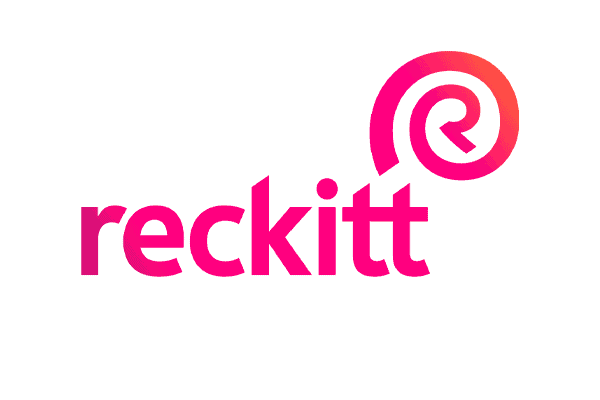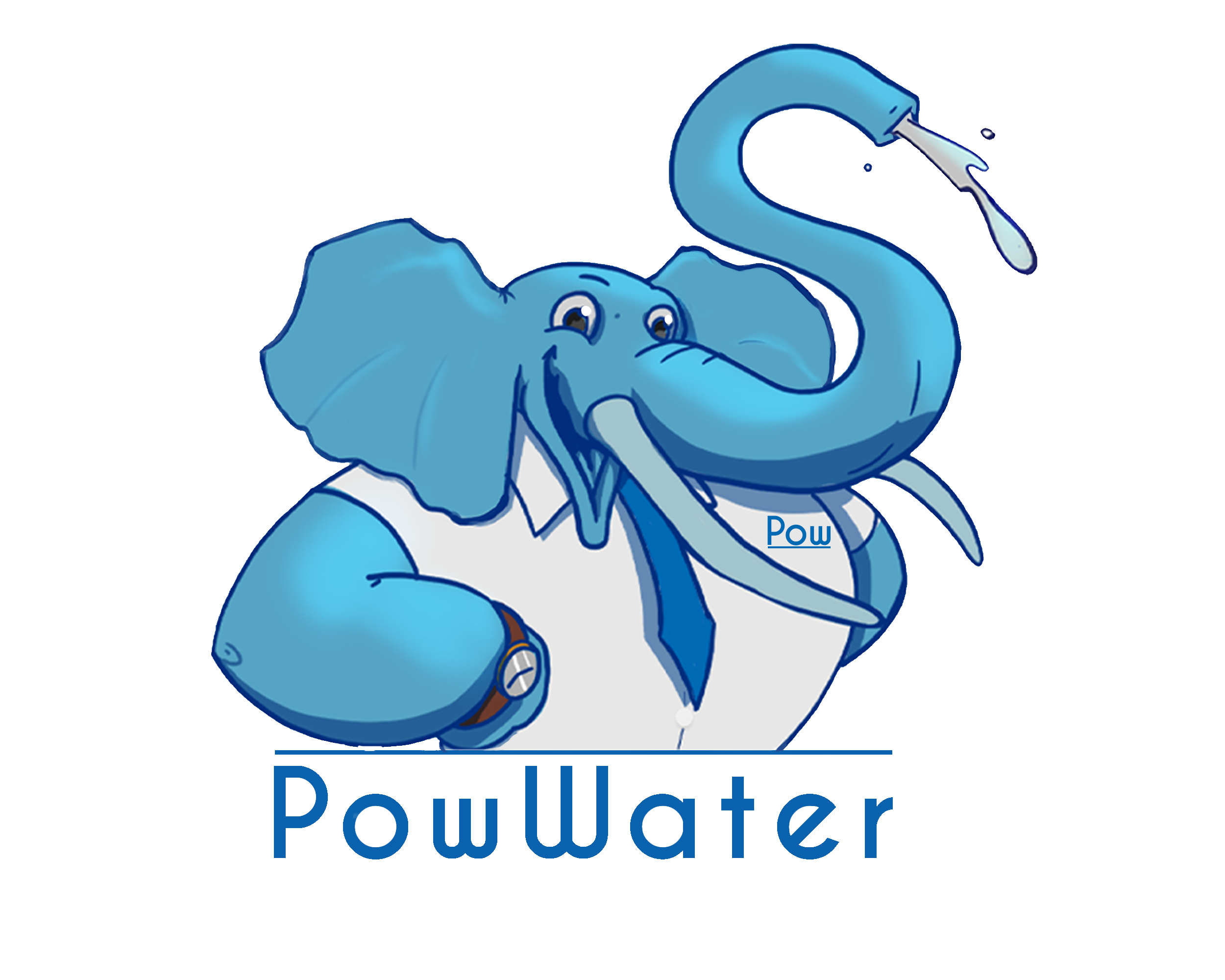How do we achieve universal access to clean water, sanitation, and hygiene by 2030?

The importance of water, sanitation and hygiene transcends time and geography—but even where this is explicitly recognized in policy, the needs of hundreds of millions of global citizens remain unmet. Latest data from UNICEF and WHO suggests, worldwide, 2.2 billion people still lack access to safe drinking water. Nearly half of the global population does not have access to safe sanitation, and two billion people do not have access to handwashing facilities with soap (1). Such limitations lead to wider spread of serious diseases such as diarrhoea and pneumonia, the top two killers of young children under 5 around the world.
Additionally, 673 million people still practice open defecation, and an estimated 367 million children attend a school with no sanitation facilities at all.
Meeting SDG6 targets by 2030 requires a 4 x increase in pace of progress.
Reckitt has time and again reinstated its commitment towards SDG 6 by working tirelessly with local communities, social enterprises, government, NGOs and various charitable organizations around the world to improve access to clean water, sanitation and hygiene. Dettol’s Hygiene Quest has taught almost 2 million children about the importance of handwashing resulting in over 8,000 more days at school because of reduced illness. Through Reckitt’s partnership with Water.org, over 1.8 million people have been provided with loans so they can plan and build their own taps and toilets.
The focus of this challenge is not limited to providing equitable basic sanitation and hygiene facilities but to also creating a sustainable ecosystem that ensures, year after year, continuous development and increasing awareness. Reckitt believes social business has a powerful role to play in solving the world’s greatest problems, where investment lives over and over again through income generating models that make solutions truly sustainable and long term. Through this, Reckitt wants to work as a catalyst, supporting pioneering solutions to scale.
Reckitt is proud to have supported the Lead2030 SDG6 challenge since 2019, working in partnership with 3 outstanding social entrepreneurs with innovative approaches to tackling SDG6. Reckitt wants to continue to build on this success in 2024, by supporting innovations that create measurable impact by enabling access to clean water, sanitation or hygiene, and are particularly interested in innovations with a focus on children or women/girls.
About PowWater

In many emerging markets across the global south, piped water networks are broken or nonexistent. Private water tankers have filled the gap, however they are unreliable, often operating in ways conflicting with sustainability goals. Water tanker operators pump water from a limited number of boreholes, leading to over-extraction and stress on aquifers. Aquifers are left with no time to recharge, affecting future water supply. Additionally, tankers are forced to fill from low-quality boreholes to fulfill orders. As a result, end consumers experience unreliable service with low quality water at an often exploitative price.
PowWater is the world’s first virtual piped water network. We utilize data-driven methods to streamline efficiency in the water tanker market so that consumers in emerging cities can access reliable, affordable, and high-quality water. With features like real-time water quality monitoring, route optimization, subscription ordering, automated order tracking, and secure payments, PowWater’s suite of integrated mobile products works behind the scenes to drive efficiency in the private water market. PowWater creates unparalleled trust, reliability, and certainty for customers when purchasing water.
Since launching in May 2022, PowWater has supplied over 70 million liters of water to over 20,000 consumers in Nairobi.